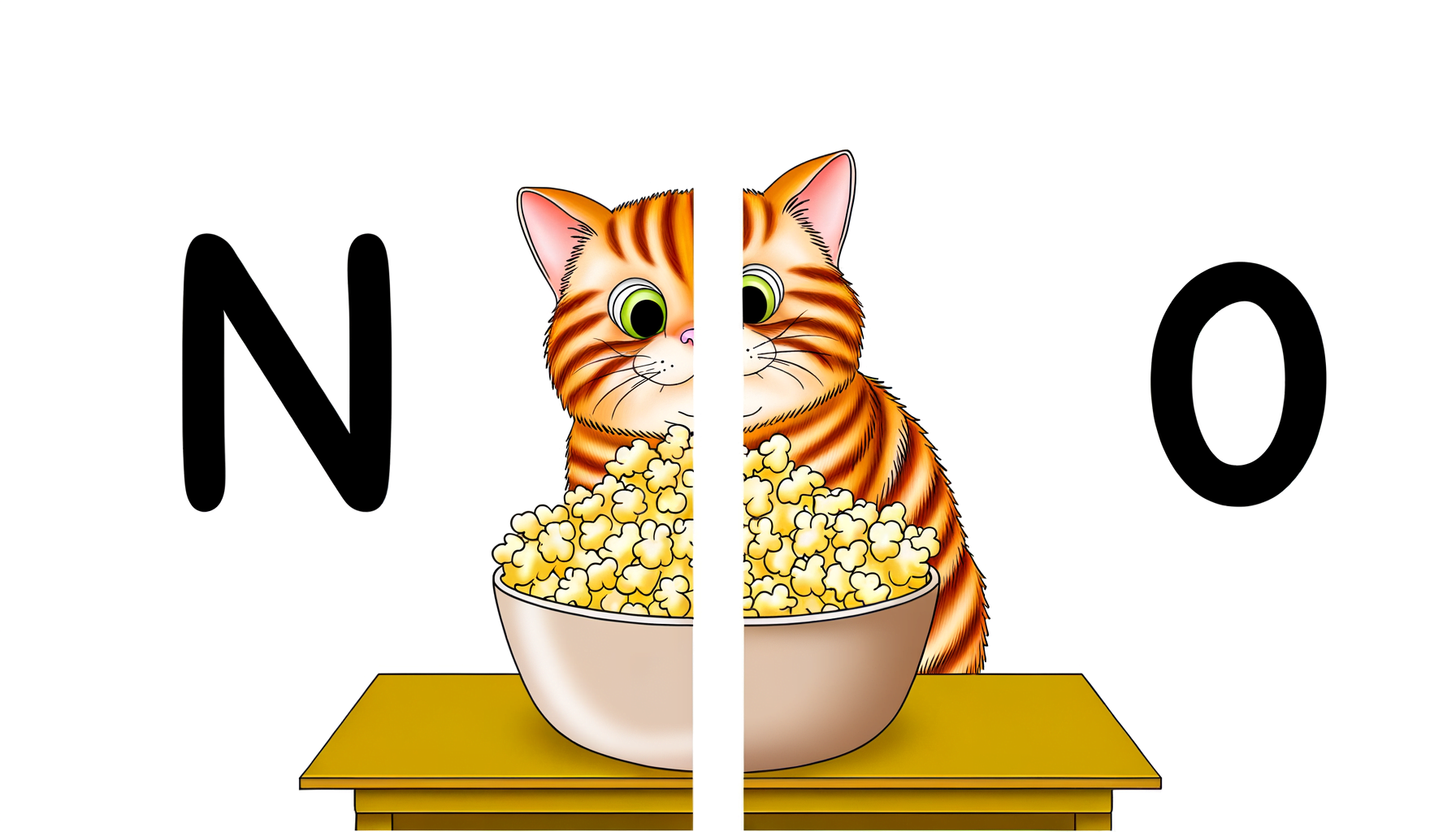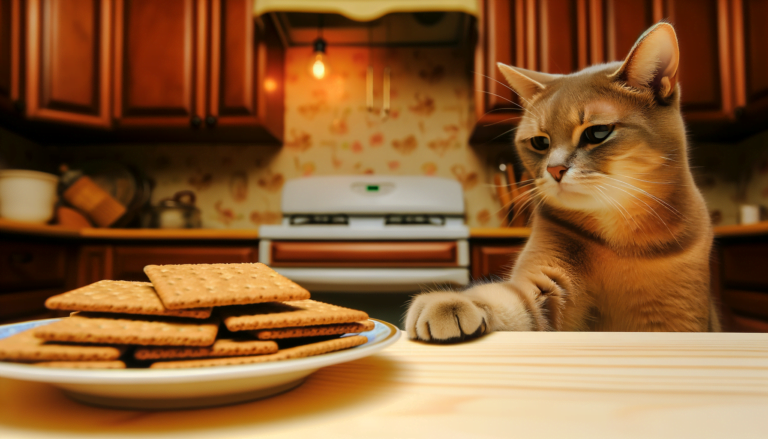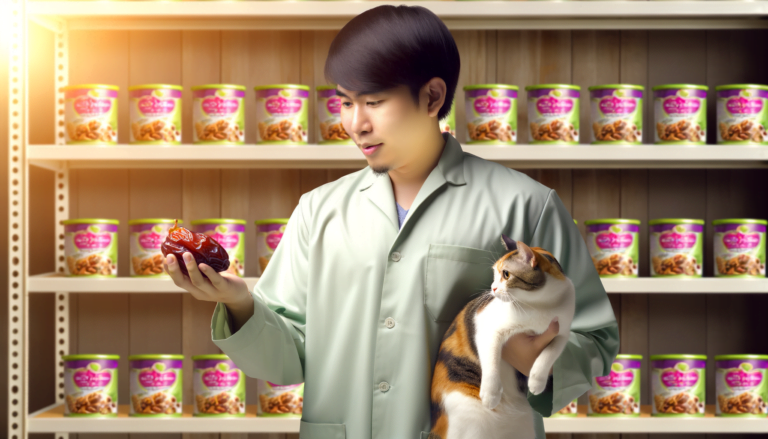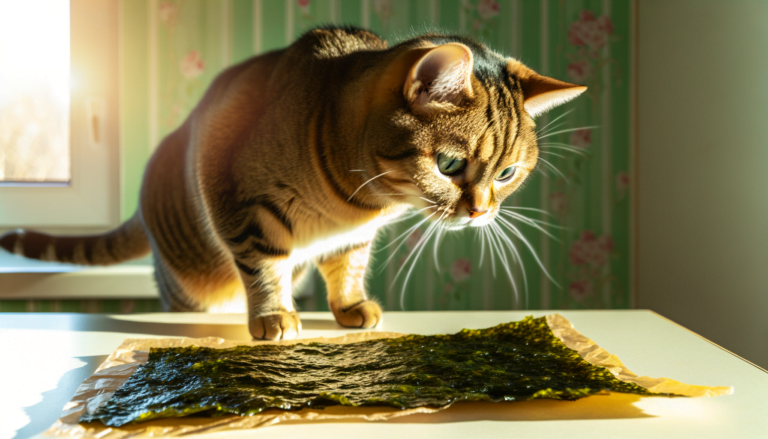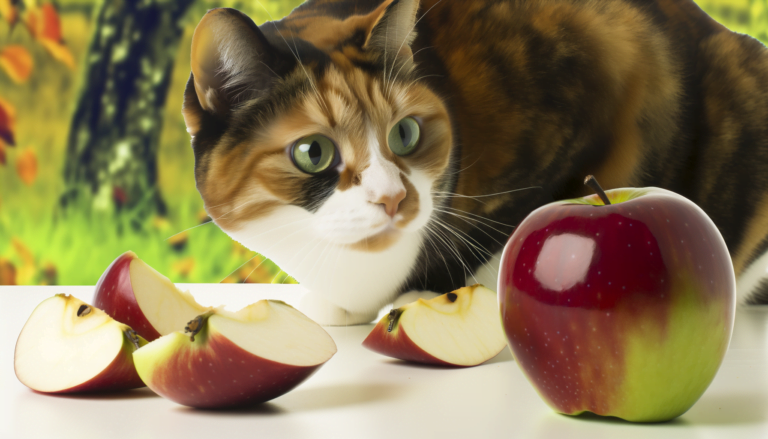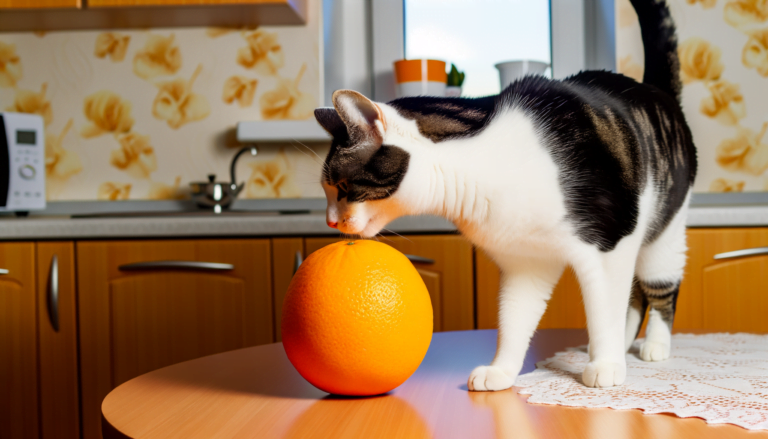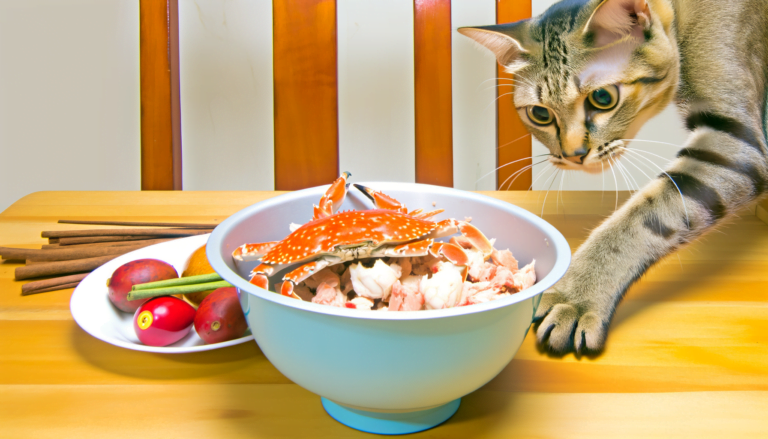Unpopped Truth: Can Cats Safely Eat Popcorn?
For feline companions, popcorn per se is not harmful as long as it is served plain and in moderation. This means no added salts, butters, or flavorings which contribute to an unhealthy diet and may lead to health complications in cats. However, popcorn is not nutritionally beneficial for cats, so other healthier treat alternatives should be considered for their dietary needs. Additionally, understand that the hard, un-popped kernels can present a choking hazard. Always consult with your vet to ensure optimal health and safety for your furry friend.
The Potential Risks of Popcorn to Cats
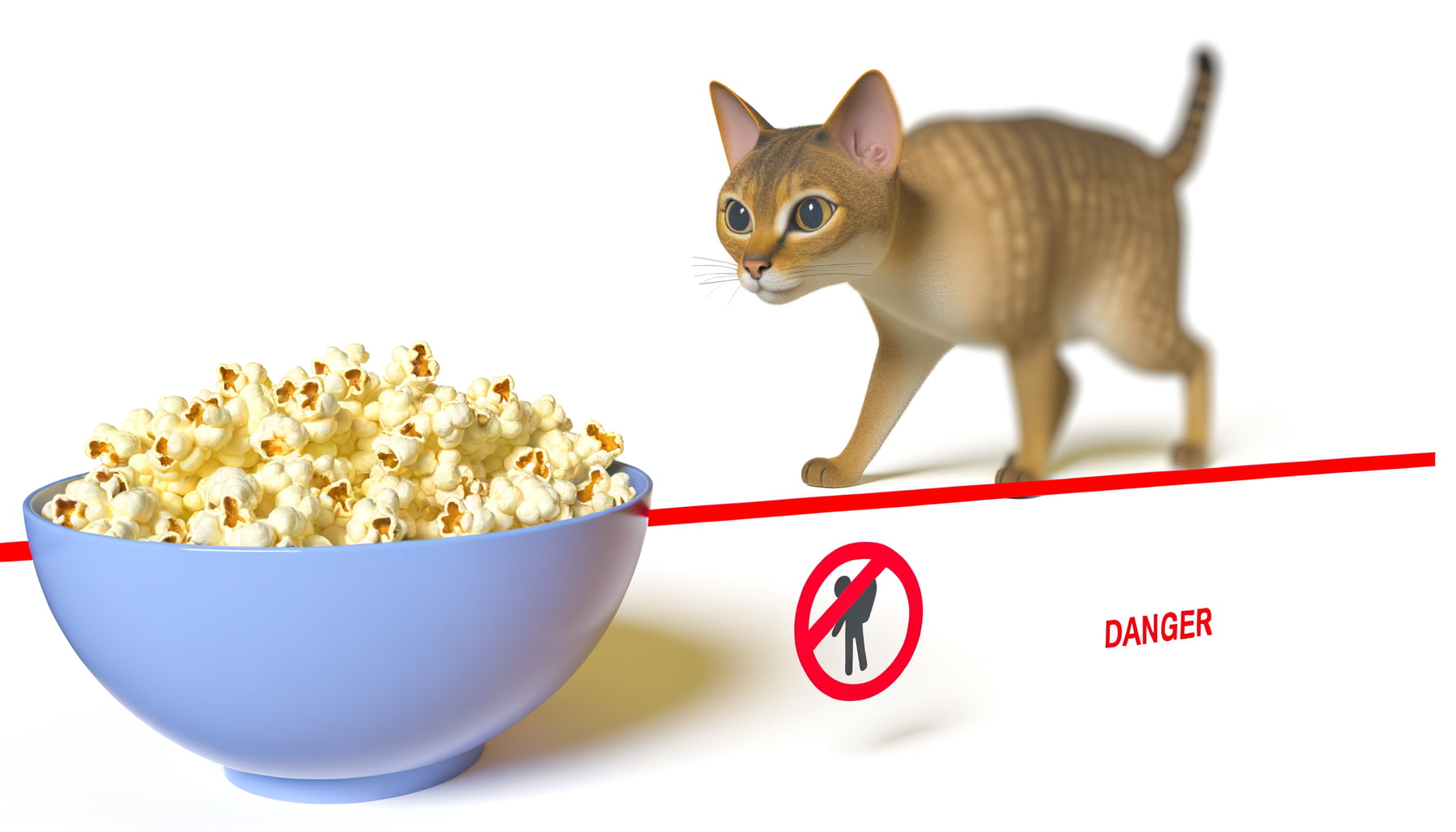
Cats, like humans, are susceptible to certain dietary health risks. While they can consume small amounts of popcorn without immediate harm, frequent or large servings can pose risks to their health.
The first potential risk is the presence of unpopped kernels. Hard and indigestible, they pose a choking hazard, and if swallowed, can cause intestinal obstruction. Too much salt is another concern. Many popcorn varieties are high in sodium, which cats’ kidneys are not adapted to process in large quantities. High sodium intake increases the risk of dehydration and kidney disease in cats.
Lastly, seasonings and flavorings common in many popcorn snacks, such as butter, garlic, and onion, can be toxic to cats. Even small amounts of these substances can lead to digestive upset or serious health complications. So, while a plain popcorn piece isn’t immediately dangerous, these added ingredients can turn a harmless snack into a potential risk.
Safe Snacking Alternatives for Cats
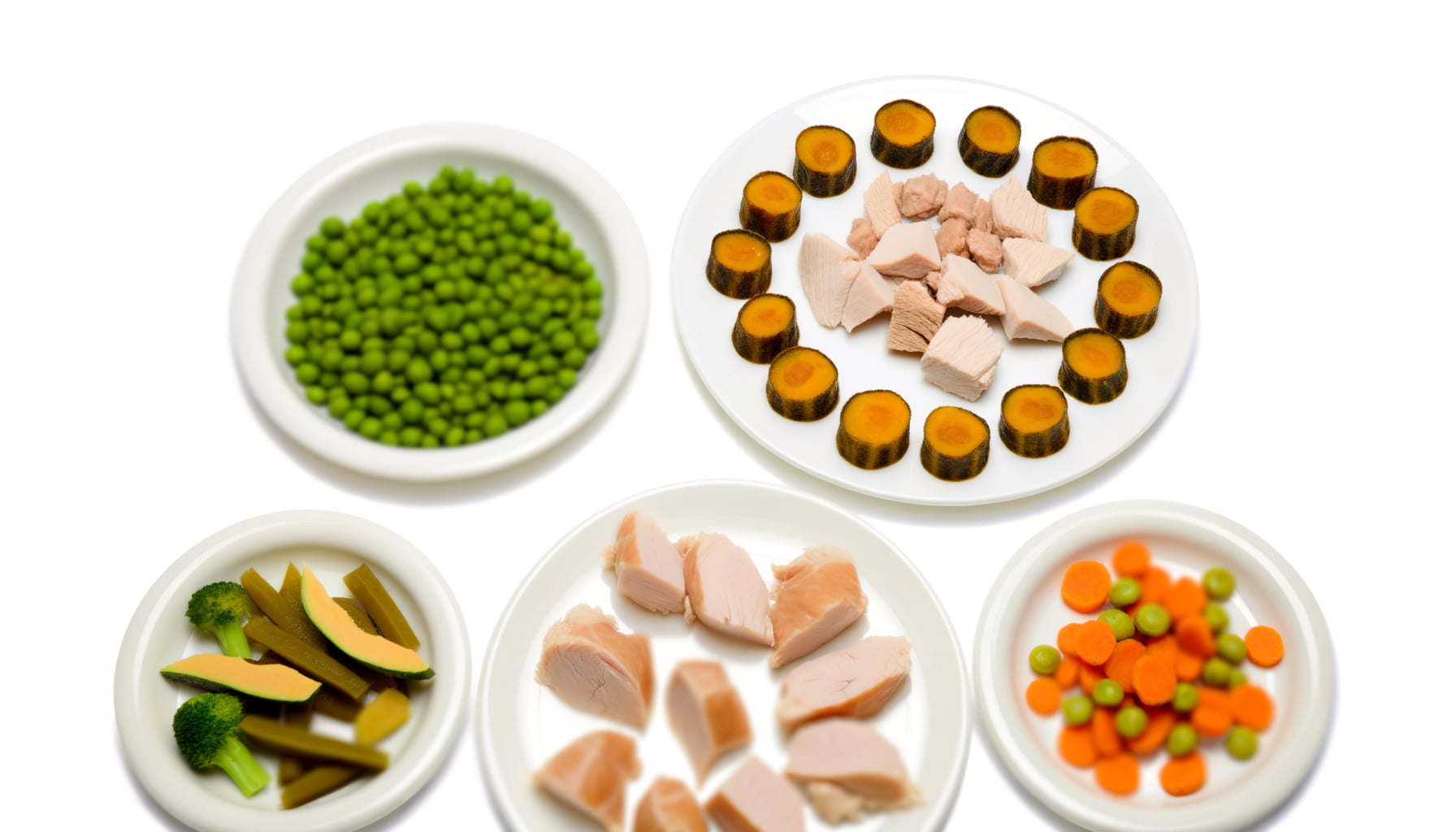
Cats thrive on a diet that highlights high protein and low carb sources. When looking for safe snacking alternatives to popcorn, consider lean meats such as chicken or turkey. These are excellent choices because they closely resemble the dietary components a cat would get in the wild and supply high-quality protein and essential nutrients.
Another option is specially designed cat treats. They can be a beneficial supplement to your cat’s diet, provided they are used sparingly. Most quality manufactured cat treats are fortified with essential vitamins and minerals, perfectly balanced to bolster your cat’s core nutrition. However, it’s important to remember that treats should never comprise more than 10% of your cat’s daily calorie intake.
Alternatively, consider homemade snacks like cooked fish, vegetables, or eggs. While fish provides Omega-3 fatty acids for a shiny coat, a small amount of cooked veggies or eggs can be an interesting variety for your cat, given in moderation. Remember to always consult your veterinarian before introducing new foods into your cat’s diet, ensuring what you offer is not only safe but beneficial as well.
Understanding a Cat’s Dietary Needs
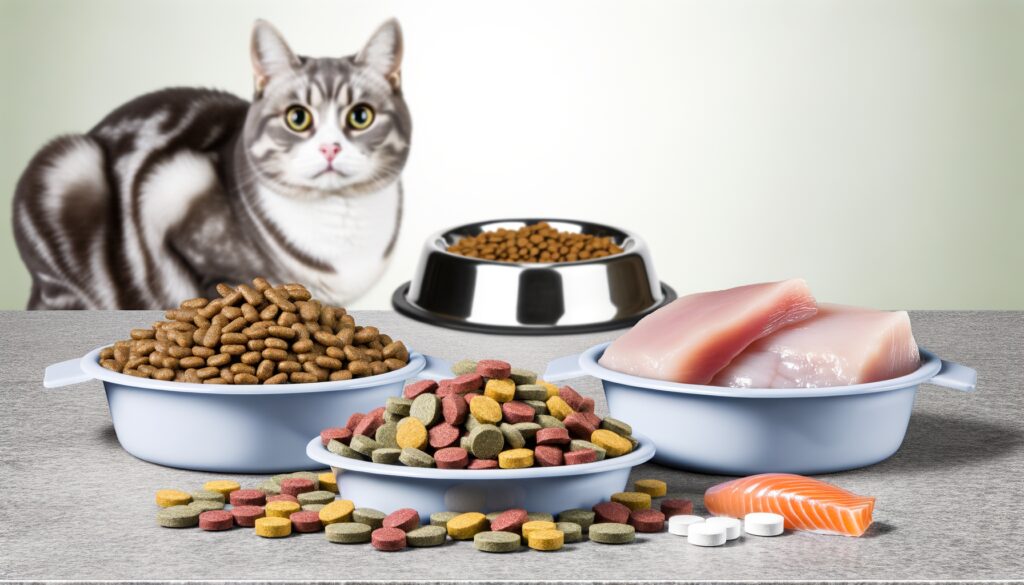
To understand a cat’s dietary needs, it’s essential to be informed that cats are obligate carnivores. This implies they require a diet high in animal protein for optimal wellbeing. They might also need certain nutrients that are only present in meat, including taurine, arachidonic acid, vitamin A and vitamin B12.
While cats can digest a variety of other foods, their primary nutritional demand and sustenance are achieved by a high-protein, meat-based diet. Amidst these needs, the moderation is also key. Avoid offering too much of a particular food, even if it’s high in protein, as it can result in nutritional imbalances. The fulfilling of cats’ dietary requirements should be based on carefully balanced meals specifically tailored for them.
It should be remembered that even if some human foods won’t necessarily harm cats, they might not necessarily benefit them either. A cat’s dietary requirements differ significantly from those of humans. Therefore, while it might be tempting to treat your cat with scraps from your plate, always consider their specific dietary needs.
Analyzing Popcorn as a Snack for Cats
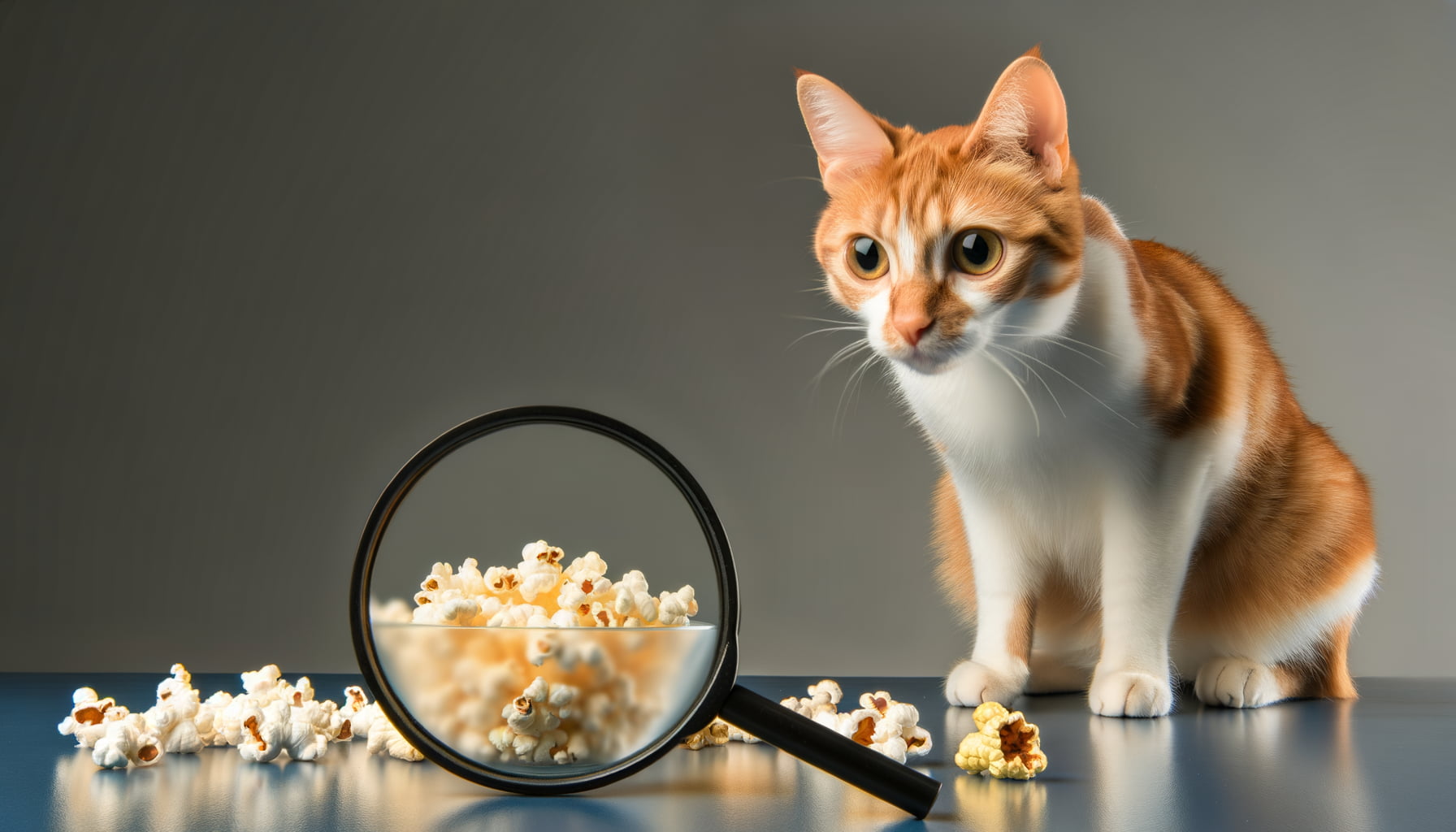
Existing in a world of carnivores, domestic felines’ dietary preference leans heavily towards protein-rich sustenance. The formidable question arises – can cats decipher the charm of popcorn as a snack? Pet owners may be tempted to share their movie night delicacy out of love or playful curiosity, but it’s critical to inspect the suitability of popcorn for our feline friends.
Popcorn, in its basic form, is a relatively innocuous snack. Composed primarily of carbohydrates in the form of whole grains, it delivers minimal nutritional value to a cat. Protein, required in abundance by cats, is notably absent in popcorn. It should be noted that air-popped, unsalted, and unflavored popcorn, at most, may pass as an occasional treat.
However, the concern arises with the common add-ons we so love. Butter, salt, caramel, cheese – the factors that actually skyrocket popcorn’s appeal for humans – are potentially harmful to cats. Consumption of these additives can lead to health issues like obesity, dental problems and even toxicity. To conclude, while a stray, plain popcorn kernel here and there might not spell immediate harm, it’s far from being classified as a recommended snack for cats.
Conclusion
So, can cats safely eat popcorn? While it may seem harmless at first, the truth is that popcorn can pose a potential choking hazard to our feline friends. The unpopped kernels and sharp edges of popped pieces can cause harm to their delicate digestive systems. It’s best to err on the side of caution and avoid feeding popcorn to your beloved pets.
When it comes to treating your cat, opt for safer alternatives like catnip or special cat treats specifically made for their dietary needs. Remember, their health and safety should always come first, even when it comes to seemingly innocent snacks like popcorn.
